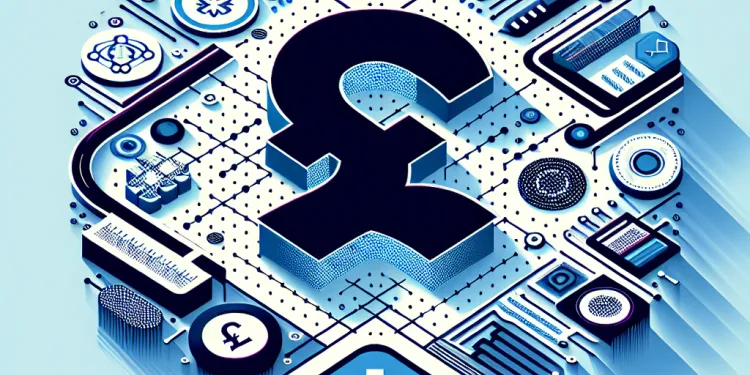
Find Help
More Items From Ergsy search
-

NHS to Expand Digital Health Services to Reduce Appointment Backlogs
Relevance: 100%
-

How does a backlog in the court system affect case scheduling?
Relevance: 41%
-

Government Announces Funding Boost for Digital Health Innovations
Relevance: 40%
-
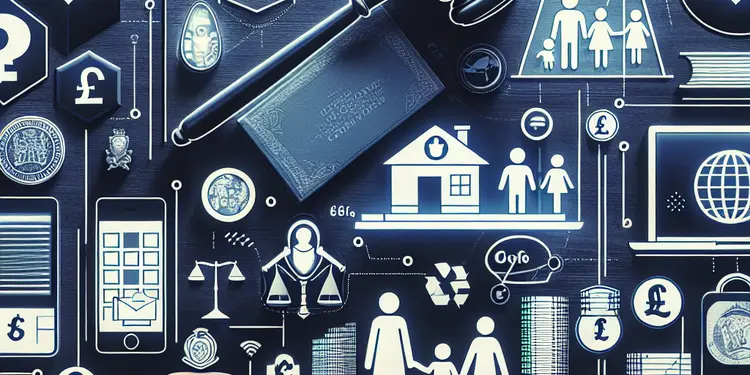
What digital services have been introduced in family courts in 2026?
Relevance: 39%
-

Mental Health Services Struggle to Cope Amid Record Demand
Relevance: 34%
-
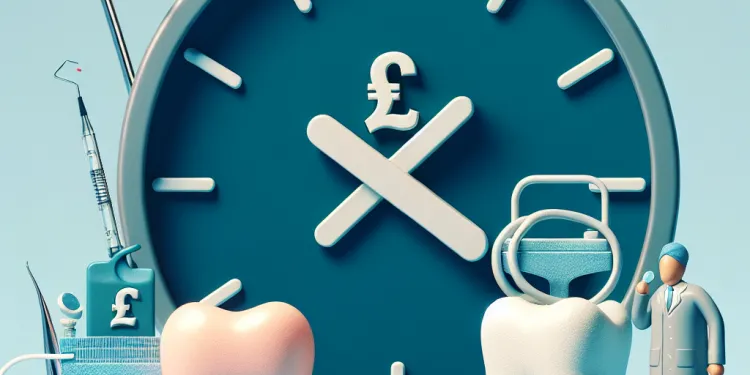
How long will I have to wait for an NHS dental appointment?
Relevance: 33%
-

Mental Health Support Services in the UK
Relevance: 33%
-

Navigating Mental Health Services for Children and Adolescents
Relevance: 33%
-

How are health services provided in prison?
Relevance: 33%
-
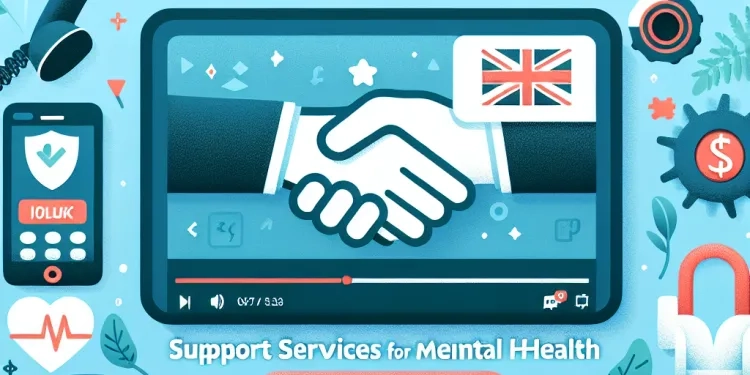
Support Services for Mental Health Amid Economic Uncertainty
Relevance: 32%
-

Current Challenges in Youth Mental Health Services
Relevance: 31%
-

Can I get a dentist appointment on the NHS?
Relevance: 31%
-
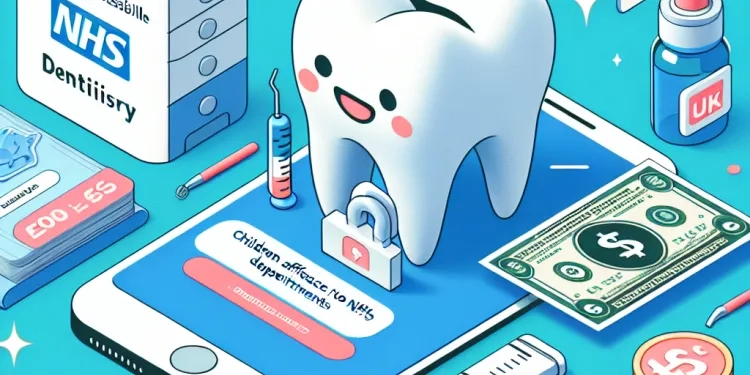
Can children get NHS dentist appointments?
Relevance: 31%
-
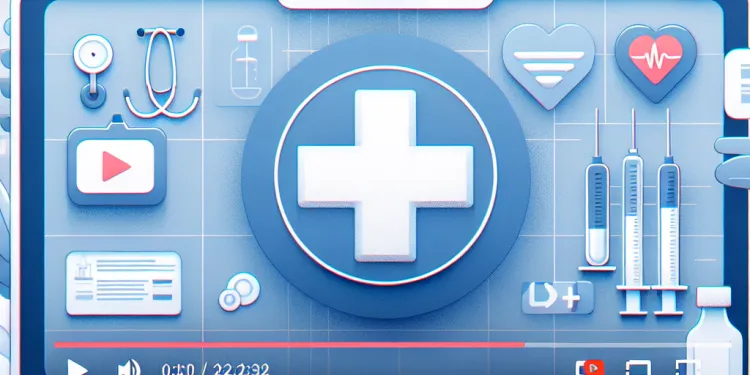
Understanding the NHS: How to Access Services
Relevance: 31%
-

New Report Highlights Gaps in Mental Health Services for Welfare Recipients
Relevance: 30%
-

Are there any additional fees for obtaining a digital license?
Relevance: 30%
-
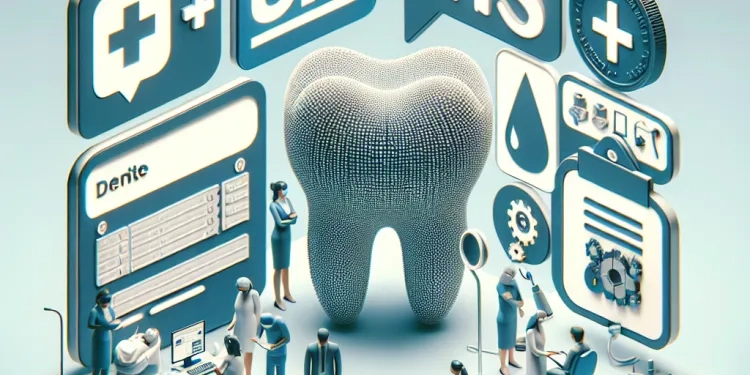
What happens if I miss my NHS dental appointment?
Relevance: 30%
-

Will the digital license be accepted internationally?
Relevance: 29%
-

How can I get a COVID jab appointment?
Relevance: 29%
-

How do I book an appointment for the flu vaccine?
Relevance: 28%
-

Digital Banking: A Surge in Adoption Amongst All Age Groups
Relevance: 28%
-

What should drivers do if there are errors in their digital license data?
Relevance: 28%
-

Is it mandatory to have a digital driving license?
Relevance: 28%
-

Are there digital and print versions of the HMRC Employer Bulletin?
Relevance: 28%
-
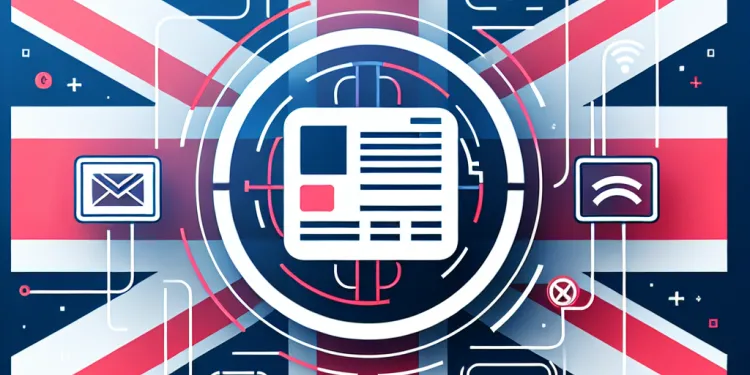
When will the digital driving license be officially available?
Relevance: 28%
-

Will provisional licenses also be available in digital format?
Relevance: 28%
-
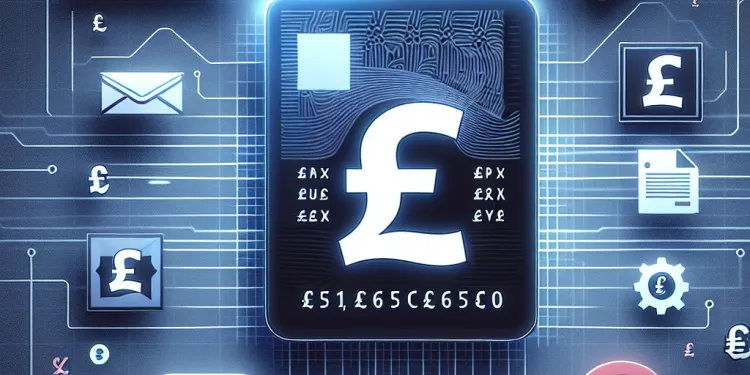
How can drivers access their digital driving license?
Relevance: 28%
-

Are all dental appointments free on the NHS?
Relevance: 27%
-
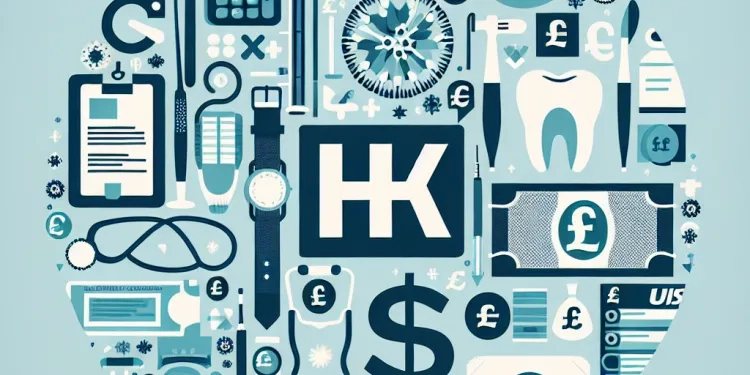
What should I bring to my NHS dental appointment?
Relevance: 27%
-

A Radiotherapy appointment in east and North Hertfordshire
Relevance: 27%
-

Who appoints the Attorney General in the UK?
Relevance: 27%
-

NHS-led Provider Collaboratives: improving mental health, learning disability and autism services
Relevance: 27%
-
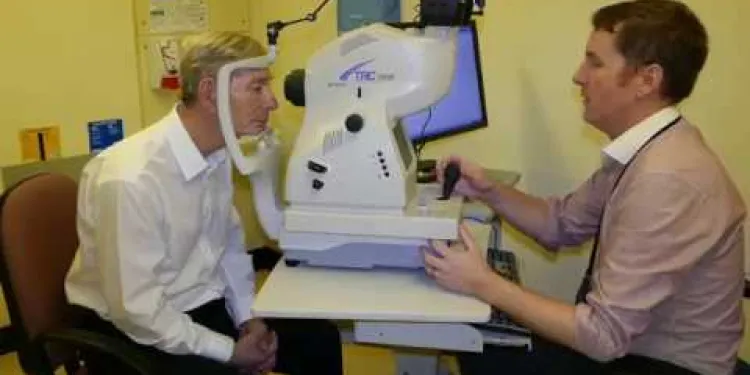
Derbyshire Diabetic Eye Screening - Your Screening Appointment
Relevance: 27%
-
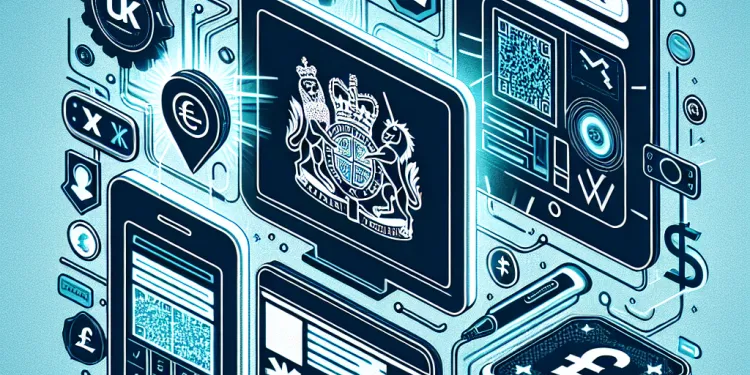
Will the digital driving license replace the physical card?
Relevance: 27%
-
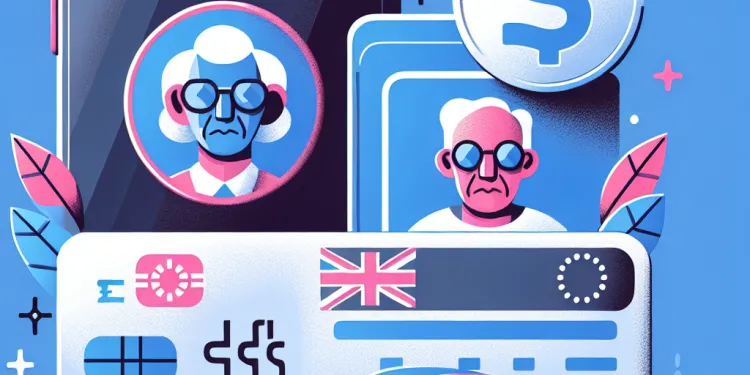
Will older drivers need to switch to digital driving licenses?
Relevance: 27%
-

Accessing Mental Health Support Resources in the UK
Relevance: 27%
-

What are the security features of the digital driving license?
Relevance: 26%
-

How should I prepare for a Botox appointment?
Relevance: 26%
-
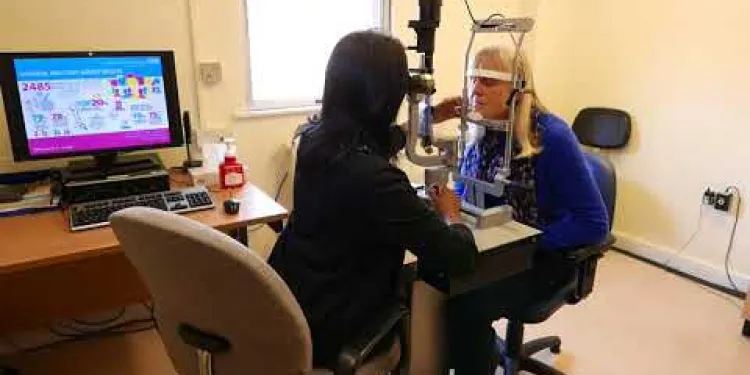
Derbyshire Diabetic Eye Screening - Assessment Clinic Appointment
Relevance: 26%
-

Can I get an emergency NHS dental appointment?
Relevance: 26%
NHS to Expand Digital Health Services to Reduce Appointment Backlogs
The National Health Service (NHS) in the United Kingdom is taking significant steps to enhance its digital health services as a strategic move to tackle the growing issue of appointment backlogs. As the demand for healthcare services continues to increase, especially in the wake of the COVID-19 pandemic, the NHS is focusing on integrating digital solutions to streamline operations, improve patient access, and alleviate pressure on healthcare facilities.
Implementing Virtual Consultations
A key component of the NHS's digital expansion involves the widespread implementation of virtual consultations. By offering appointments via video calls or phone, the NHS aims to provide patients with more convenient and timely access to healthcare professionals. This approach is particularly beneficial for non-emergency cases where an in-person visit may not be necessary. Virtual consultations not only save time for both patients and healthcare providers but also reduce the need for physical space in hospitals and clinics, allowing these resources to be directed towards more critical cases.
Enhancing Online Booking Systems
The NHS is also revamping its online booking systems to make them more user-friendly and efficient. By simplifying the process for patients to schedule, reschedule, or cancel appointments online, the NHS hopes to reduce the number of missed appointments and improve overall service efficiency. These enhancements are expected to empower patients by giving them greater control over their healthcare journeys, thus helping to reduce the administrative burden on healthcare providers.
Integrating Health Apps and Wearable Technology
In addition to virtual consultations and improved booking systems, the NHS is exploring the integration of health apps and wearable technology into its services. These digital tools enable real-time health monitoring and data collection, which can be invaluable for managing chronic conditions and monitoring post-operative recovery. By allowing patients to remotely share health metrics with their healthcare providers, the NHS can deliver more personalized care and prevent unnecessary hospital visits.
Challenges and Considerations
While the expansion of digital health services presents numerous advantages, the NHS must also address potential challenges. Ensuring the security and privacy of patient data is paramount, as is providing digital literacy support for patients who may not be familiar with using technology. The NHS is committed to offering guidance and support to ensure that digital services are accessible to all, regardless of age or technological proficiency.
Conclusion
By expanding its digital health services, the NHS is taking a proactive approach to reduce appointment backlogs and enhance patient care. Through virtual consultations, improved online booking systems, and the integration of health apps, the NHS is striving to create a more efficient and patient-centered healthcare system. As these digital solutions continue to be implemented, the NHS aims to maintain its commitment to providing high-quality healthcare to all UK residents.
NHS to Make More Health Services Digital to Reduce Waiting Times
The National Health Service (NHS) in the UK wants to make more health services digital. This will help reduce long waiting times for appointments. More people need healthcare, especially after COVID-19. The NHS wants to use digital tools to make things work better, help people see doctors more easily, and reduce stress on hospitals.
Using Virtual Consultations
The NHS will have more virtual consultations. This means patients can talk to doctors on video calls or phone calls. It is a quick and easy way for people to see a doctor without going to the clinic. This is good for when you do not have an emergency. Virtual consultations save time for everyone and free up hospital space for people who need more help.
Improving Online Booking
The NHS is making it easier to book, change, or cancel appointments online. By doing this, fewer people will miss appointments. It will also make things faster and easier for everyone. Patients can manage their own appointments, which helps doctors and nurses focus on their work.
Using Health Apps and Wearable Devices
Besides virtual consultations and better booking, the NHS wants to use health apps and wearable devices. These tools can check how you are feeling and collect health data. This helps doctors look after you, especially if you have long-term health problems. You can share health information with your doctor without going to the hospital.
Challenges and Things to Think About
Making health services digital is great, but there are challenges. The NHS must keep people's health information safe and private. Also, some people may not know how to use these new technologies. The NHS will help these people learn how to use them so everyone can access digital services.
Conclusion
The NHS is working hard to make health services digital. This will help reduce waiting times and improve care. With video calls, better online booking, and health apps, the NHS aims to make healthcare easier and better for everyone in the UK.
Frequently Asked Questions
What are digital health services?
Digital health services include virtual consultations, remote monitoring, and the use of digital tools to facilitate patient care without in-person visits.
How do digital health services help reduce appointment backlogs?
Digital health services allow patients to receive care remotely, which can increase the efficiency of consultations and free up in-person appointment slots for those who need them most.
What types of appointments can be conducted digitally?
Many routine follow-ups, some consultations, and certain types of therapy sessions can be conducted digitally, depending on the patient's condition.
Are digital consultations as effective as face-to-face ones?
For many conditions, digital consultations can be just as effective as in-person visits, particularly when physical examination is not necessary.
Who is eligible to use digital health services?
Most patients can use digital health services, but eligibility may depend on the specific service and the patient's medical history.
How can patients access digital health services?
Patients can access digital health services through the NHS website, mobile apps, or by contacting their local GP practice to see what is available.
What technology is required for digital appointments?
Patients typically need a smartphone, tablet, or computer with internet access, and may need to download specific apps or software recommended by their healthcare provider.
What if a patient has technical difficulties during a digital consultation?
Patients should contact their healthcare provider's support service for assistance if they experience technical difficulties.
Are digital health services available 24/7?
Availability varies, but many digital health services offer extended hours beyond traditional office hours to increase accessibility.
Will using digital services affect the quality of care?
The NHS ensures that digital services meet high standards of quality and patient safety, providing the same level of care as face-to-face services.
How are patient data and privacy protected in digital health services?
The NHS uses robust security measures to protect patient data, ensuring compliance with privacy laws like GDPR.
Can digital health services be tailored to individual needs?
Yes, healthcare providers can customize digital services based on patient needs, just as they would with in-person care.
What are the cost implications of using digital health services?
There are no additional costs for patients using NHS digital health services, though standard data rates may apply for internet usage.
How are healthcare professionals trained for digital consultations?
Healthcare professionals receive specific training in digital communication and how to conduct effective virtual consultations.
Can prescriptions be issued through digital consultations?
Yes, healthcare providers can issue electronic prescriptions following a digital consultation, which can be sent directly to a pharmacy.
What should patients do if they need an in-person follow-up after a digital consultation?
If an in-person follow-up is needed, the healthcare provider will arrange this during the digital consultation.
Are digital services available for mental health support?
Yes, mental health support services are available digitally, including therapy sessions, counseling, and other support mechanisms.
How can digital health services support chronic disease management?
Digital services can facilitate regular monitoring and communication between patients and healthcare providers, helping manage chronic conditions more effectively.
Can patients opt out of digital health services?
Yes, patients can choose whether they prefer digital consultations or in-person visits, based on their comfort and needs.
How is the NHS working to improve digital health services?
The NHS continuously invests in technology and infrastructure, and seeks patient feedback to improve and expand digital health offerings.
What are digital health services?
Digital health services help you stay healthy using computers, phones, and tablets. They include apps and websites that give you health advice or help you talk to doctors over the internet.
Useful tools:
- Apps: These are programs on your phone or tablet. Some apps remind you to take your medicine or show you how to exercise.
- Websites: You can visit health websites to learn about healthy eating or find answers to your health questions.
- Video Calls: You can see a doctor or nurse over a video call. It’s like a meeting, but on your computer or phone.
Digital health services help you see a doctor or nurse without going to the clinic or hospital. You can talk to them on the computer or phone. You can use special tools at home to check your health and share information with your doctor. This helps doctors take care of you even if you are not with them.
For extra help, you can use reading tools like screen readers. These tools read the text out loud for you. You can also ask someone to explain things you don't understand.
How do online health services help reduce waiting times for appointments?
Digital health services let people see a doctor or nurse without going to the clinic. This can make things faster and help people who really need to see someone in person get an appointment.
What kinds of appointments can you do online?
You can have some appointments on a computer or phone. These are called online appointments.
Here are some examples:
- Talking to your doctor or nurse.
- Meeting with a teacher.
- Having a chat with a therapist or counselor.
Use a video call app to help. You might need help from an adult to set it up.
A lot of check-ups, some talks with doctors, and some therapy sessions can happen online. This depends on what the patient needs.
Are online doctor visits as good as visiting the doctor in person?
Online doctor visits mean talking to a doctor on the computer or phone. Visiting the doctor in person means going to see the doctor at the clinic or hospital.
Both ways can help you when you are sick or need advice.
If you have questions, you can ask someone to help you. You can also use tools like video calls and apps to make online visits easier.
For many health problems, talking to a doctor online can work just as well as going to see the doctor in person. This is true when the doctor does not need to check your body.
Who can use online health services?
If you want to use health services on the internet, here is who can use them:
1. People with a computer, tablet, or smartphone.
2. People who can get on the internet.
3. People who have health accounts or apps set up by their doctor or clinic.
If you need help, ask someone you trust or use a screen reader. These can make reading and using the internet easier.
Most people can use digital health services. But, it might depend on the service and the person's health history.
How can patients use digital health services?
Here is how you can use digital health tools:
1. **Ask for Help:** Ask a doctor or a nurse to help you start.
2. **Use Apps or Websites:** Use health apps on phones or websites on computers.
3. **Video Calls:** Talk to doctors using video calls on a phone or computer.
4. **Read Instructions:** Follow simple instructions on the screen.
5. **Ask Questions:** If you need help, ask a friend or family member.
Tools to help you:
* Use a screen reader to read out loud.
* Use simple apps made for easy reading.
* Use pictures or videos to understand better.
People can find health help online by going to the NHS website, using mobile apps, or asking their local doctor’s office what is there for them.
What do you need for online meetings?
You need a few things for online meetings:
- A computer, tablet, or smartphone
- Internet connection
- A camera and microphone (often built into your device)
- Software or app for the meeting (like Zoom or Skype)
Here are some helpful tips:
- Ask a family member or friend for help if you are unsure.
- Use headphones to hear better and speak clearly.
- Find a quiet, well-lit place for your meeting.
People usually need a smartphone, tablet, or computer with internet to use. You might need to download special apps or software that your doctor tells you to use.
What happens if a patient has trouble with technology during an online doctor visit?
If you have trouble with technology, ask your doctor's office for help. They have people who know how to fix these problems.
Can you use digital health services all the time?
Sometimes, it changes. But many online health services stay open longer. This helps more people use them, even after regular work hours.
Will using digital services change how good the care is?
Using computers and phones can be part of your care. This means things like talking to doctors or getting information online. Here is how to think about it:
- Good care is very important.
- Using digital tools can be very helpful.
- It is okay to ask someone to help you use these tools.
- You can still talk to your doctor in person if you want.
Remember, it is important to talk about any concerns you have. You can ask questions and tell someone if you need more help.
Tools like voice-to-text can help if reading is hard.
The NHS makes sure that online services are very good and safe for patients. They work just as well as seeing a doctor in person.
How is your information kept safe in online health services?
When you use health services on the internet, your information needs to be kept safe. This information can include your name, address, and details about your health.
Here is how they keep your information safe:
- Passwords: You use a secret password to get into your account. Keep this password private.
- Encryption: This is like a secret code that your information is changed into, so other people cannot read it.
- Secure websites: Look for a lock symbol or "https" in the website address. This means the site is safe.
Here are some things you can do to stay safe:
- Use strong passwords that have letters, numbers, and symbols.
- Do not share your passwords with anyone.
- Ask someone you trust if you need help with online safety.
The NHS works hard to keep patient information safe. They follow strict rules to protect your data, like the GDPR privacy law.
Can digital health services be made to fit what each person needs?
Yes, doctors and nurses can change digital health tools to fit what each patient needs, just like they do in person.
How much does it cost to use digital health services?
Let's talk about the money side of using digital health tools, like apps or online doctor visits.
These services might cost money. Some may be free, but others could charge you. Make sure to check the price before using them.
Here are some things to think about:
- Look for free options first.
- Compare prices of different services.
- Ask an adult to help you understand the costs.
If you have trouble reading:
- Use a ruler or your finger to help guide you through the words.
- Ask someone to read it with you.
Using NHS online health services does not cost extra money, but you might have to pay for internet or data use.
How do doctors and nurses learn to do online doctor visits?
Doctors and nurses go to special classes. In these classes, they learn how to talk to you online. They learn to use computers and phones to help you feel better.
Doctors and nurses also practice talking to patients online. This helps them get better at it.
If you find reading hard, you can use tools to help you. Try using pictures, videos, or apps that read the words out loud. These can make it easier to understand.
Healthcare workers learn how to talk with people online and do video calls to help people feel better.
Can doctors give medicine through online chats?
Doctors can give you medicine through online chats. This means you talk to the doctor on the internet instead of going to the doctor's office.
Tools to help you understand:
- Use a computer or tablet to talk to the doctor.
- Ask someone to help you if you find this hard.
- You can use a dictionary app to learn new words.
Yes, doctors can give you medicine through the computer after talking to you online. They can send this straight to a pharmacy.
What to do if you need to see the doctor in person after an online chat?
If you talk to the doctor online but need to see them in person, here is what you can do:
- Tell the doctor you want to meet them in person.
- Write down the time and place for the in-person visit.
- Bring any notes or questions to the visit.
- Ask someone to come with you if it helps.
If you need to see the doctor in person, the doctor will set this up for you during the online chat.
Can you get help for mental health online?
Yes, you can get help for mental health online. These are called digital services. They help you talk to someone if you feel sad or worried. You can talk on a computer or phone.
Here are some tips and tools that can help:
- Use a webcam or microphone to talk to a person.
- Try writing in a chat if you don't want to speak.
- Find apps that help you feel calm and happy.
It's important to ask for help when you need it. There are people online who want to help you feel better.
Yes, you can get help for your mind online. This help includes talking to a therapist, getting advice from a counselor, and other ways to feel better.
How can computers and phones help people with long-term illnesses?
People who are sick for a long time need help to feel better.
Computers and phones can be very helpful. They can give reminders to take medicine, show information about exercises, or connect with doctors online.
If you have a long-term illness, ask for help to use these tools. You can also use apps that are easy to understand.
Digital tools can help doctors and nurses talk to patients and check on how they are doing. This is very helpful for patients who are often sick and need special care.
Can people say no to online health services?
You can decide if you want to use online health services or not. If you don't want them, you can tell your doctor or the service provider.
If you need help, ask someone you trust to help you make the choice.
Yes, people can decide if they want to talk to the doctor on the computer or go see the doctor face-to-face. They can choose what makes them feel best and what they need.
How is the NHS making digital health services better?
The NHS is helping make health services online easier to use. They are using computers and the internet to help people get care.
Here are some ways they are doing this:
- Making apps you can use on your phone to talk to doctors.
- Helping you book doctor visits on the internet.
- Sharing information safely so doctors have what they need to help you.
If you want help using these tools, you can:
- Ask a friend or family member to help you.
- Watch videos that show you how to use these tools.
- Call a support line for help.
The NHS spends money on new technology and buildings. They also listen to what patients say to make their digital health services better.
Useful Links
Have you found an error, or do you have a link or some information you would like to share? Please let us know using the form below.
-->
This website offers general information and is not a substitute for professional advice.
Always seek guidance from qualified professionals.
If you have any medical concerns or need urgent help, contact a healthcare professional or emergency services immediately.
Some of this content was generated with AI assistance. We’ve done our best to keep it accurate, helpful, and human-friendly.
- Ergsy carfully checks the information in the videos we provide here.
- Videos shown by Youtube after a video has completed, have NOT been reviewed by ERGSY.
- To view, click the arrow in centre of video.
- Most of the videos you find here will have subtitles and/or closed captions available.
- You may need to turn these on, and choose your preferred language.
- Go to the video you'd like to watch.
- If closed captions (CC) are available, settings will be visible on the bottom right of the video player.
- To turn on Captions, click settings .
- To turn off Captions, click settings again.
More Items From Ergsy search
-

NHS to Expand Digital Health Services to Reduce Appointment Backlogs
Relevance: 100%
-

How does a backlog in the court system affect case scheduling?
Relevance: 41%
-

Government Announces Funding Boost for Digital Health Innovations
Relevance: 40%
-

What digital services have been introduced in family courts in 2026?
Relevance: 39%
-

Mental Health Services Struggle to Cope Amid Record Demand
Relevance: 34%
-

How long will I have to wait for an NHS dental appointment?
Relevance: 33%
-

Mental Health Support Services in the UK
Relevance: 33%
-

Navigating Mental Health Services for Children and Adolescents
Relevance: 33%
-

How are health services provided in prison?
Relevance: 33%
-

Support Services for Mental Health Amid Economic Uncertainty
Relevance: 32%
-

Current Challenges in Youth Mental Health Services
Relevance: 31%
-

Can I get a dentist appointment on the NHS?
Relevance: 31%
-

Can children get NHS dentist appointments?
Relevance: 31%
-

Understanding the NHS: How to Access Services
Relevance: 31%
-

New Report Highlights Gaps in Mental Health Services for Welfare Recipients
Relevance: 30%
-

Are there any additional fees for obtaining a digital license?
Relevance: 30%
-

What happens if I miss my NHS dental appointment?
Relevance: 30%
-

Will the digital license be accepted internationally?
Relevance: 29%
-

How can I get a COVID jab appointment?
Relevance: 29%
-

How do I book an appointment for the flu vaccine?
Relevance: 28%
-

Digital Banking: A Surge in Adoption Amongst All Age Groups
Relevance: 28%
-

What should drivers do if there are errors in their digital license data?
Relevance: 28%
-

Is it mandatory to have a digital driving license?
Relevance: 28%
-

Are there digital and print versions of the HMRC Employer Bulletin?
Relevance: 28%
-

When will the digital driving license be officially available?
Relevance: 28%
-

Will provisional licenses also be available in digital format?
Relevance: 28%
-

How can drivers access their digital driving license?
Relevance: 28%
-

Are all dental appointments free on the NHS?
Relevance: 27%
-

What should I bring to my NHS dental appointment?
Relevance: 27%
-

A Radiotherapy appointment in east and North Hertfordshire
Relevance: 27%
-

Who appoints the Attorney General in the UK?
Relevance: 27%
-

NHS-led Provider Collaboratives: improving mental health, learning disability and autism services
Relevance: 27%
-

Derbyshire Diabetic Eye Screening - Your Screening Appointment
Relevance: 27%
-

Will the digital driving license replace the physical card?
Relevance: 27%
-

Will older drivers need to switch to digital driving licenses?
Relevance: 27%
-

Accessing Mental Health Support Resources in the UK
Relevance: 27%
-

What are the security features of the digital driving license?
Relevance: 26%
-

How should I prepare for a Botox appointment?
Relevance: 26%
-

Derbyshire Diabetic Eye Screening - Assessment Clinic Appointment
Relevance: 26%
-

Can I get an emergency NHS dental appointment?
Relevance: 26%


